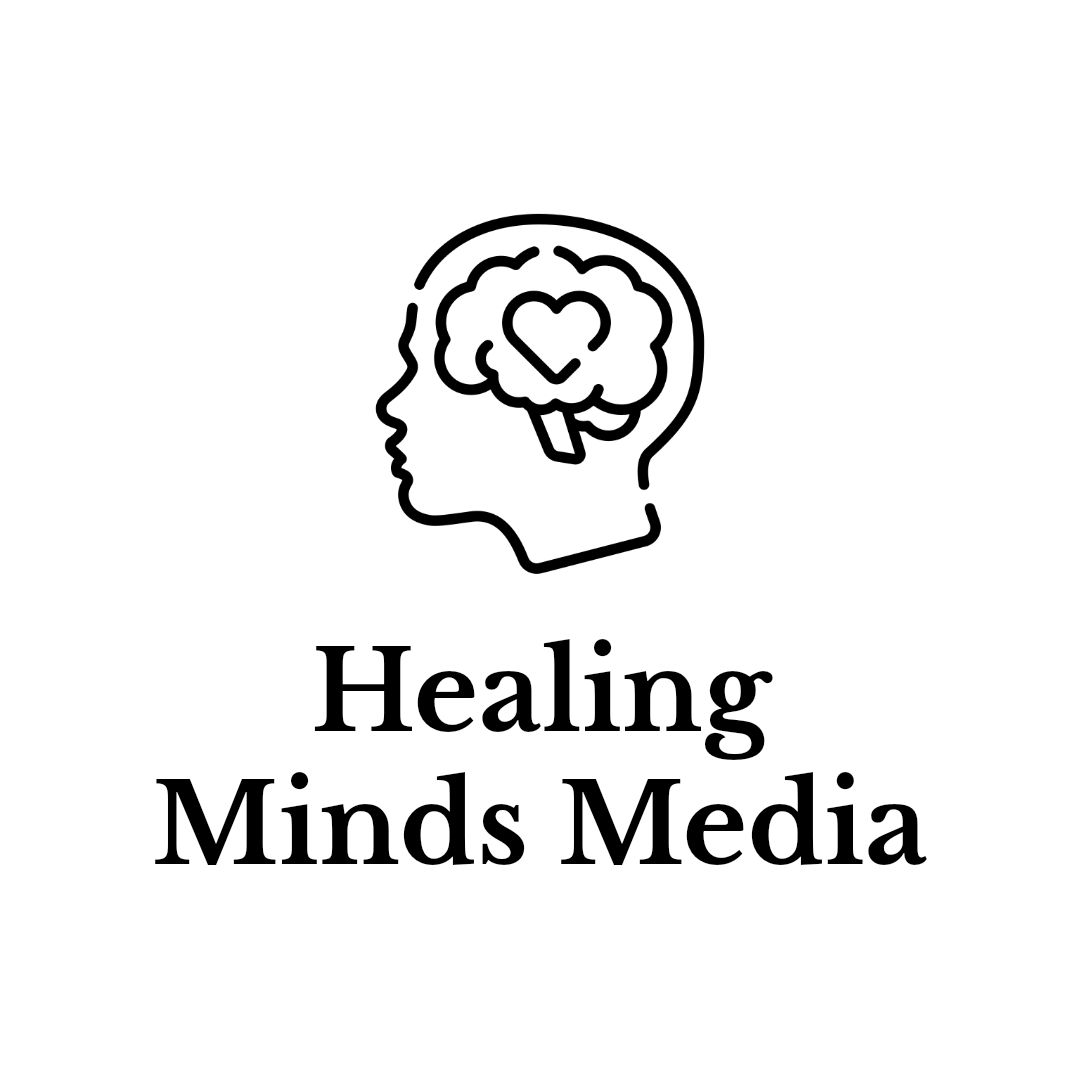In today’s digital age, pornography is more accessible than ever before, but its impact on personal well-being goes beyond mere entertainment. As a therapist, I’ve seen firsthand the intricate interplay between porn consumption and its effects on individuals’ mental, emotional, and social health. In this blog post, we’ll explore the nuanced relationship between porn consumption and personal well-being, highlighting both the negative consequences and the empowering benefits of quitting.

The Dark Side of Porn:
Excessive porn consumption can lead to a myriad of negative consequences, casting shadows on individuals’ lives and relationships. Social anxiety may escalate as individuals compare themselves to unrealistic standards portrayed in pornographic content, hindering their ability to form genuine connections and engage confidently in social interactions.
Moreover, frequent exposure to idealized bodies and sexual scenarios can chip away at individuals’ confidence and self-esteem. They may find themselves battling feelings of inadequacy or unattractiveness, fostering self-doubt and insecurity.
Furthermore, the energy-draining nature of porn consumption can leave individuals feeling lethargic and mentally fatigued. Instead of channeling their energy into productive pursuits, they may find themselves ensnared in a cycle of consumption, further exacerbating feelings of exhaustion and disconnection.
Additionally, the cluttered mental landscape filled with pornographic imagery can impair cognitive function, making it challenging to focus or concentrate on tasks. This can impact performance at work or school, leading to decreased productivity and satisfaction.
Depression can also rear its head in the wake of excessive porn consumption. The gap between fantasy and reality, coupled with feelings of guilt or shame, can spiral individuals into a cycle of negative emotions, worsening symptoms of depression and isolating them from support networks.

The Empowering Benefits of Quitting:
Quitting porn can be a transformative journey, marked by a myriad of empowering benefits that illuminate the path to personal growth and well-being. As individuals break free from the shackles of porn addiction, they often experience profound shifts in their mental, emotional, and social landscapes.
One significant benefit is the alleviation of social anxiety. Freed from the constant comparison to unrealistic standards, individuals can navigate social settings with greater ease, fostering genuine connections and bolstering confidence in their interactions with others.
Furthermore, quitting porn can cultivate a newfound sense of confidence and self-assurance. Liberated from the constraints of comparison and insecurity, individuals can embrace their authentic selves, nurturing a positive self-image rooted in self-acceptance and self-love.
Improved eye contact and interpersonal communication are also common outcomes of quitting porn. With a clearer mind and renewed focus, individuals can engage more deeply in conversations and forge deeper connections with others, enriching the fabric of their relationships.
Moreover, quitting porn can invigorate individuals with a surge of energy and vitality. Liberated from the draining effects of consumption, they may find themselves more energized and motivated to pursue their passions and goals with renewed vigor.
A clearer mind, unencumbered by the clutter of pornographic imagery, can enhance cognitive function and mental clarity. With improved focus and concentration, individuals can excel in various aspects of their lives, from work and academics to personal pursuits and hobbies.
Perhaps most importantly, quitting porn can lift the heavy burden of depression. As individuals reclaim control over their lives and cultivate healthier habits and coping mechanisms, they often experience a significant improvement in their mental and emotional well-being, rediscovering joy and fulfillment in life.

The relationship between porn consumption and personal well-being is complex and multifaceted, with both shadows and light to navigate. While excessive consumption can cast a pall on individuals’ lives, fostering social anxiety, eroding confidence, and impairing cognitive function, quitting porn can illuminate the path to personal growth and well-being.
By acknowledging the negative impacts of porn consumption and taking proactive steps to quit, individuals can reclaim control over their lives and unlock the door to profound positive transformations in their mental, emotional, and social well-being.
Further Reading:
-
“Porn Nation: Conquering America’s #1 Addiction” by Michael Leahy: Michael Leahy shares his personal journey of addiction and recovery, as well as insights into the societal impact of pornography addiction and strategies for overcoming addictive behaviors.
-
“Raised in a Pornographic Culture: The Impact on Our Lives, Relationships, and Society” by John W. Ballew: John W. Ballew examines the pervasive influence of pornography on individuals, relationships, and society, offering insights into the psychological and cultural effects of exposure to pornographic content.
-
“The Porn Trap: The Essential Guide to Overcoming Problems Caused by Pornography” by Wendy Maltz and Larry Maltz: Wendy Maltz and Larry Maltz provide a comprehensive guide for individuals struggling with pornography addiction, offering practical strategies and insights for overcoming its negative effects.
-
“The Pornography Problem: A Guide for Women Whose Partners Are Struggling with Pornography” by Wendy Maltz: Wendy Maltz offers support and guidance for women whose partners are struggling with pornography addiction, providing practical advice and strategies for coping and healing.
- “Your Brain on Porn” by Gary Wilson: This book offers an intelligent breakdown from a scientific perspective on the impact of pornography on the brain, especially with reference to how it impacts our brain’s grey matter and our pre-frontal cortex.


